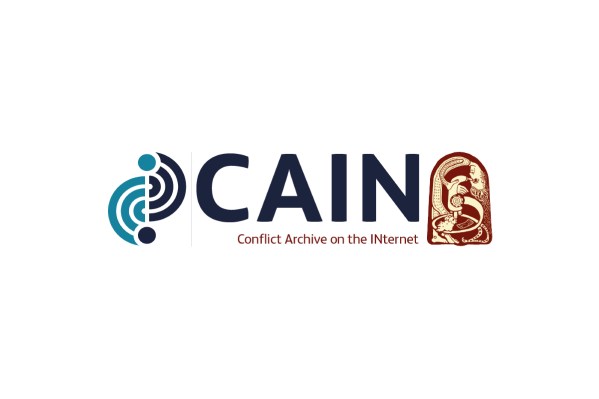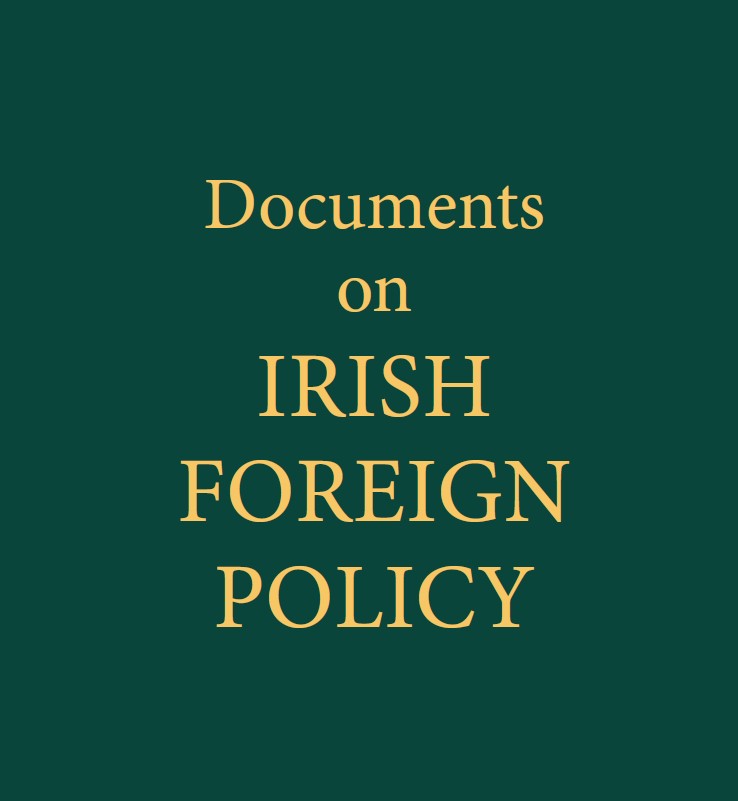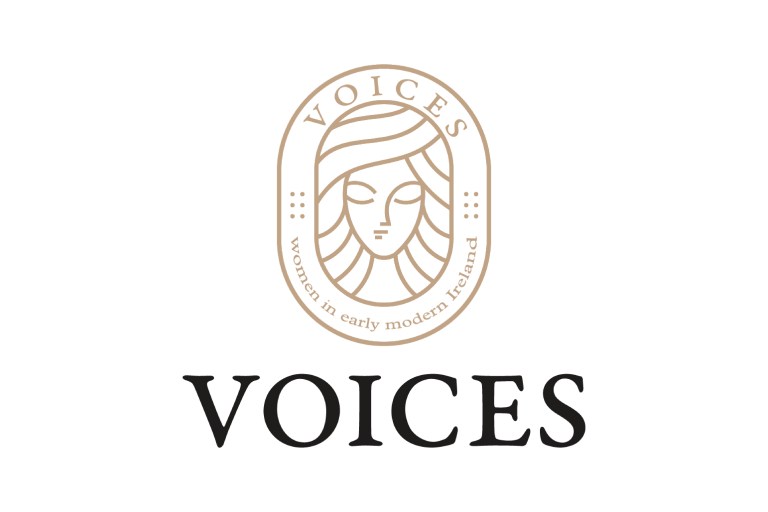The Conflict Archive on the Internet (CAIN) project is vital for studying the Northern Ireland conflict. It currently hosts nearly 6,200 digital records from the collections of the National Archives about the Northern Ireland ‘Troubles,’ spanning from 1968 to 1998.
Conflict Archive on the Internet
About the collaboration
The National Archives of Ireland and Ulster University’s Conflict Archive on the Internet (CAIN) project have been collaborating since 2011.
The National Archives supports this project by providing access to extensive records from the Departments of Taoiseach, Department of Foreign Affairs and Trade, and Department of Justice for the CAIN researchers. Researchers select key documents, which are then digitised by the National Archives.
The archives on the Northern Ireland conflict are substantial and high-quality. They offer valuable evidence of interactions between government officials in both the North and South, as well as bilateral contacts between Dublin and London.
Enhancing public awareness and understanding
Collaboration between CAIN, the National Archives, and other major Irish archival repositories significantly improves public understanding of the Northern Ireland conflict. Access to important state and public records from the National Archives plays a crucial role in this effort.
The CAIN website is a widely used resource for students of history and politics in higher education, as well as for public administration staff. Since its launch in June 1996, the CAIN site has had over 25 million visits and approximately 90 million page views.
Explore the records and find out more about the project.
Conflict Archive on the Internet
Conflict Archive on the Internet (CAIN) is a project based in the International Conflict Research Institute (INCORE) at Ulster University. CAIN’s work on this project with the National Archives has been supported by the Reconciliation Fund, Department of Foreign Affairs and Trade.



